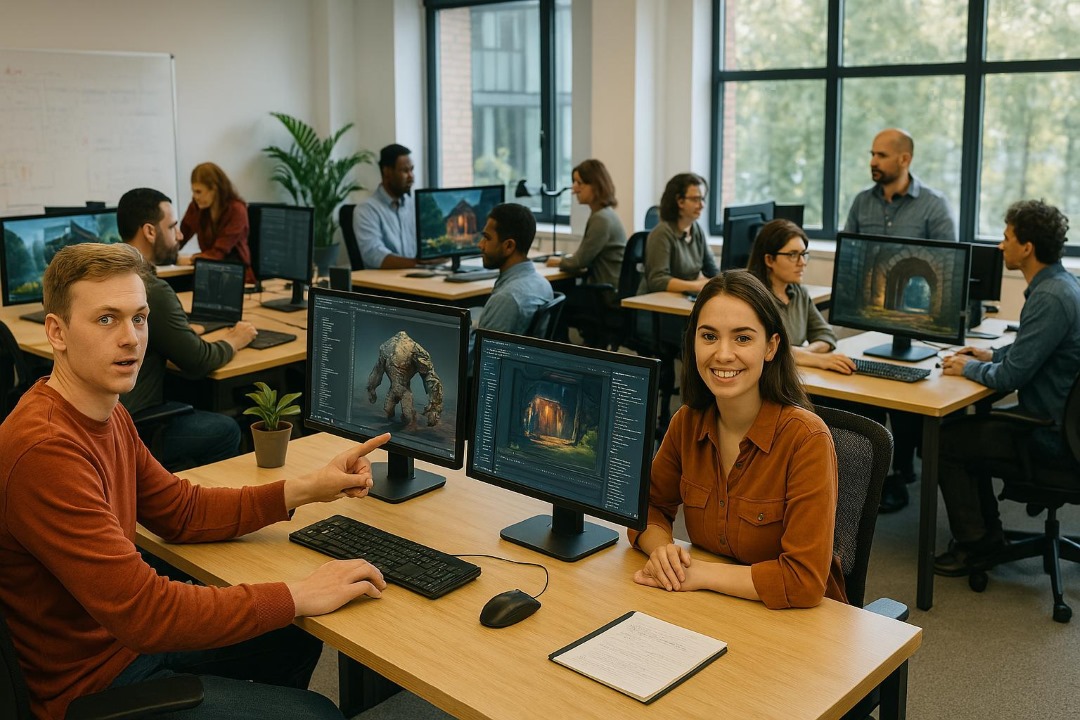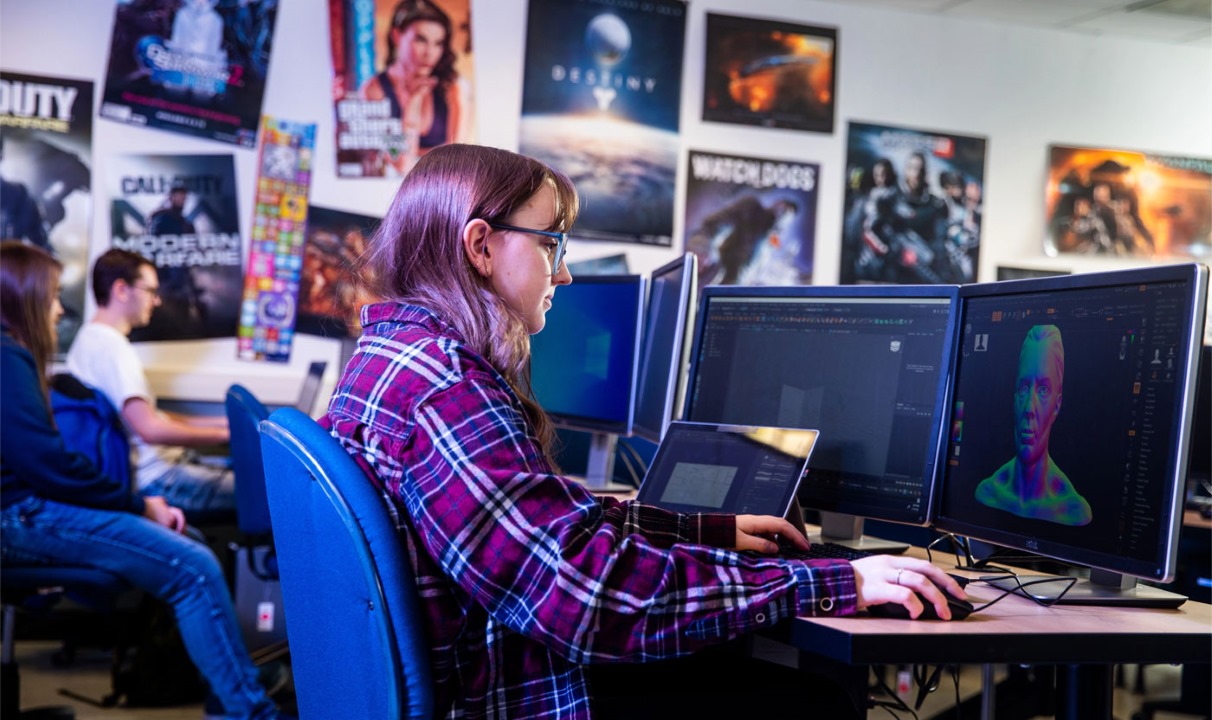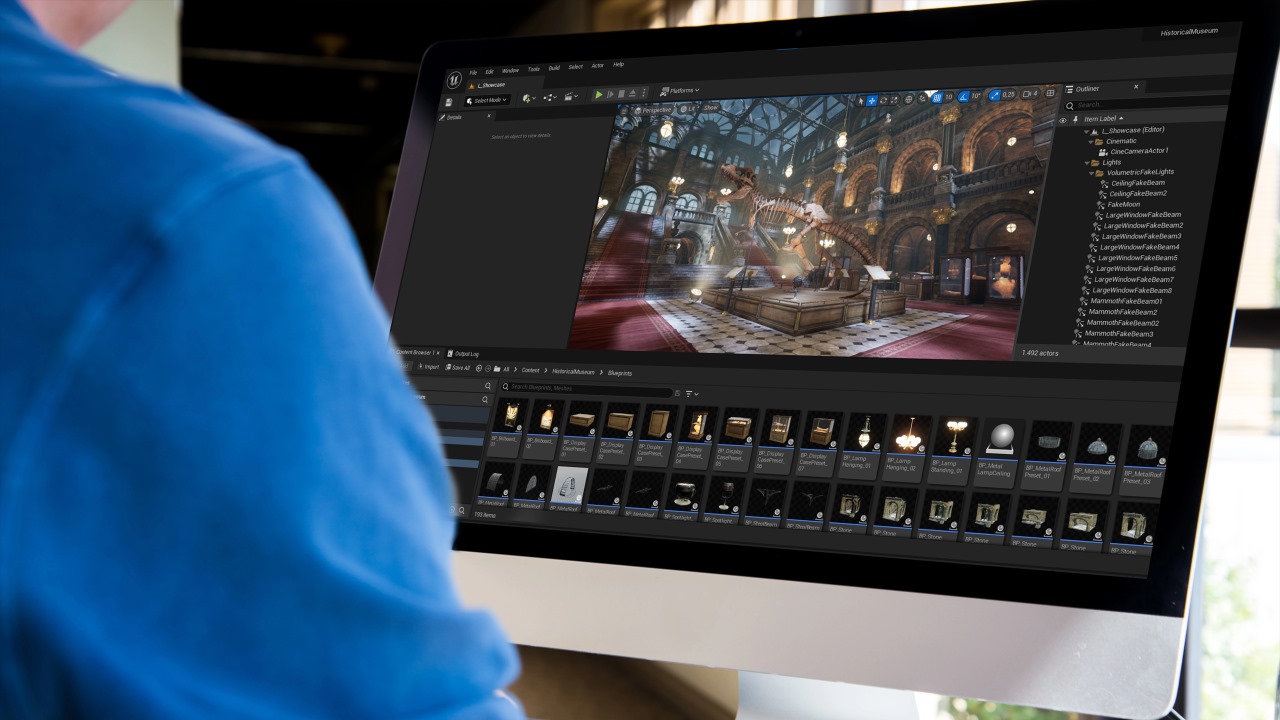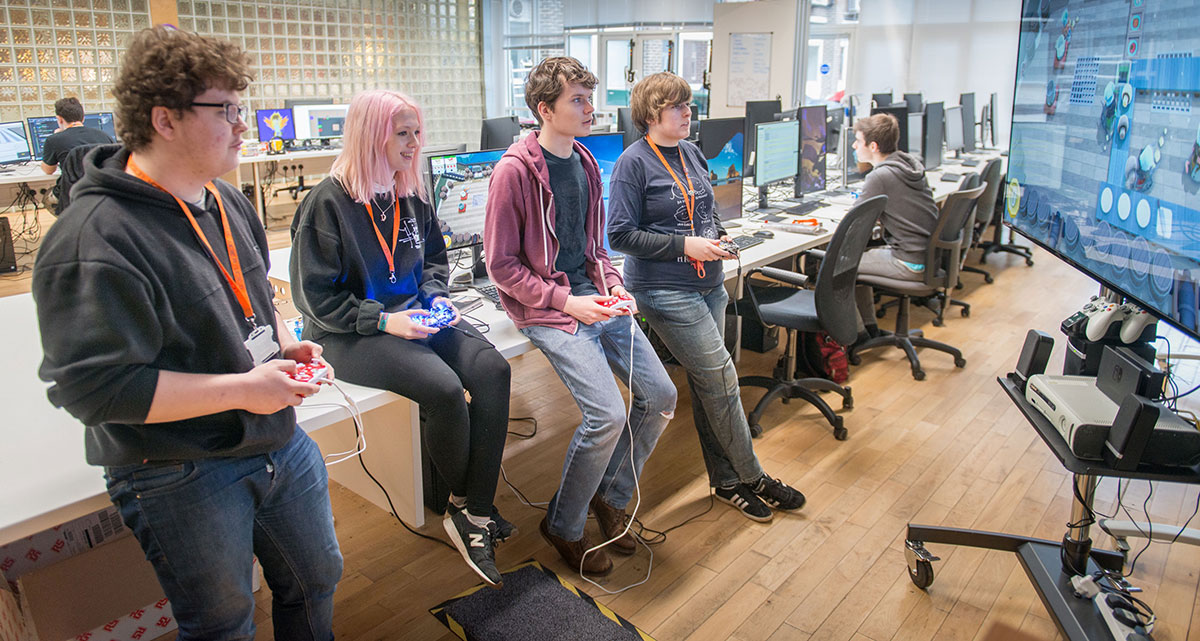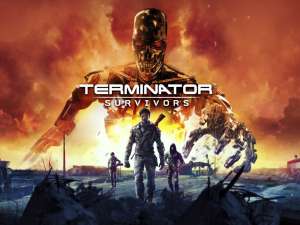What It Takes to Make a AAA Game: The People and Their Jobs
AAA games—massive, cinematic, immersive titles like Resident Evil Village, God of War: Ragnarök, or Far Cry 6—don’t appear out of thin air. They’re not the work of one genius sitting in a dark room with energy drinks and dreams. These games are created by sprawling teams of highly specialized professionals, often numbering in the hundreds, and sometimes even into the thousands across multiple studios worldwide.
Creating a AAA game is more like orchestrating a film production, software company, digital art studio, and theater troupe—all rolled into one. It’s a long, complex process that involves rigorous coordination, creativity, and technical expertise. Every pixel you see, every sound you hear, every animation, mechanic, and decision point in these blockbuster games is the result of deliberate work from someone on the team.

